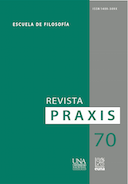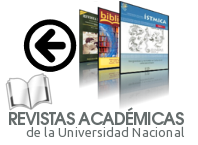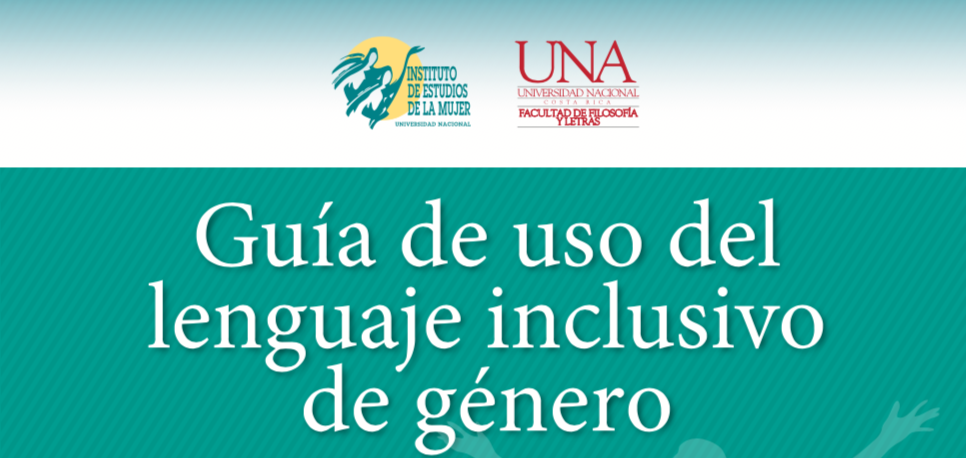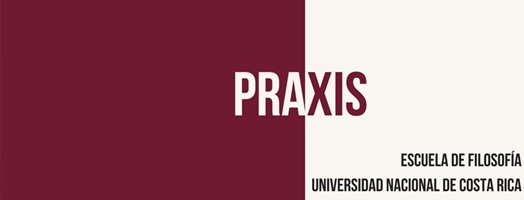Interconnections of differents areas of knowledge: philosophical, theoretical and practical elements
DOI:
https://doi.org/10.15359/praxis.70.5Keywords:
Humanism, social sciences, philosophy and literature, art.Abstract
The Center for General Studies (CGS) at the National University of Costa Rica offers a broad and comprehensive curriculum of the Humanities, which is oriented to providing other Schools of the University with this complementary and integral pedagogical program. For this, the CGS has organized its curricular program into four basic knowledge areas: Arts, Social Sciences, Science and Technology, and Philosophy and Literature.
In this paper we intend to explicitly examine how the different courses offered by our program, contribute to the general capacity of our students in defining and analyzing different issues, as well as establishing the cognitive principles that permit such knowledge, which in turn allows them to grasp its intrinsic scope and meaning. The basic tool is the philosophical enquiry which allows to pose the appropriate questions, reflect upon the respective knowledge issues involved, and therefore to examine different crucial aspects of the human condition.
References
Alvarado, E. (2007). Pasos hacia otra epistemología. San José, Costa Rica: Librería Alma Mater.
Assmann, H. (2002). Placer y ternura en la educación. Madrid: Narcea, S.A. de Ediciones.
Capra, F. (1998). La trama de la vida. Barcelona: Editorial Anagrama.
Capriles, E. (1994). Individuo, Sociedad, Ecosistema. Mérida, Venezuela: Universidad de los Andes Consejo de Publicaciones.
Capriles, E. (2000). Estética primordial y arte visionario. Mérida, Venezuela: Editorial venezolana C.A.
Heller, A. (1999). Una filosofía de la historia en fragmentos. Barcelona: Editorial Gedisa, S.A.
Maturana R., H. y Varela G., F. (1996). El árbol del conocimiento. Santiago de Chile: Editorial Universitaria.
Morin, E. (1999). La cabeza bien puesta. Buenos Aires: Ediciones Nueva Visión.
Morin, E. (2000). Los siete saberes necesarios para la educación del futuro UNESCO – IESALC. Caracas: Ediciones FACES/UCV.
Moya, E. (1998). Crítica de la razón tecnocientífica. Madrid: Biblioteca Nueva.
Muñoz G. C. (2002). Introducción a la filosofía. Madrid: Biblioteca Nueva.
Torres M., R. (2006). Los nuevos paradigmas en la actual revolución científica y tecnológica. San José, Costa Rica: EUNED.

Downloads
Published
How to Cite
Issue
Section
License
La revista trabaja bajo la Licencia Creative Commons Atribución-NoComercial-CompartirIgual 4.0 Internacional; apartir de la publicación número 79 (2019); en publicaciones anteriores se trabajaba bajo una Licencia Atribución- No Comercial- Sin Derivadas 4.0 Internacional.







